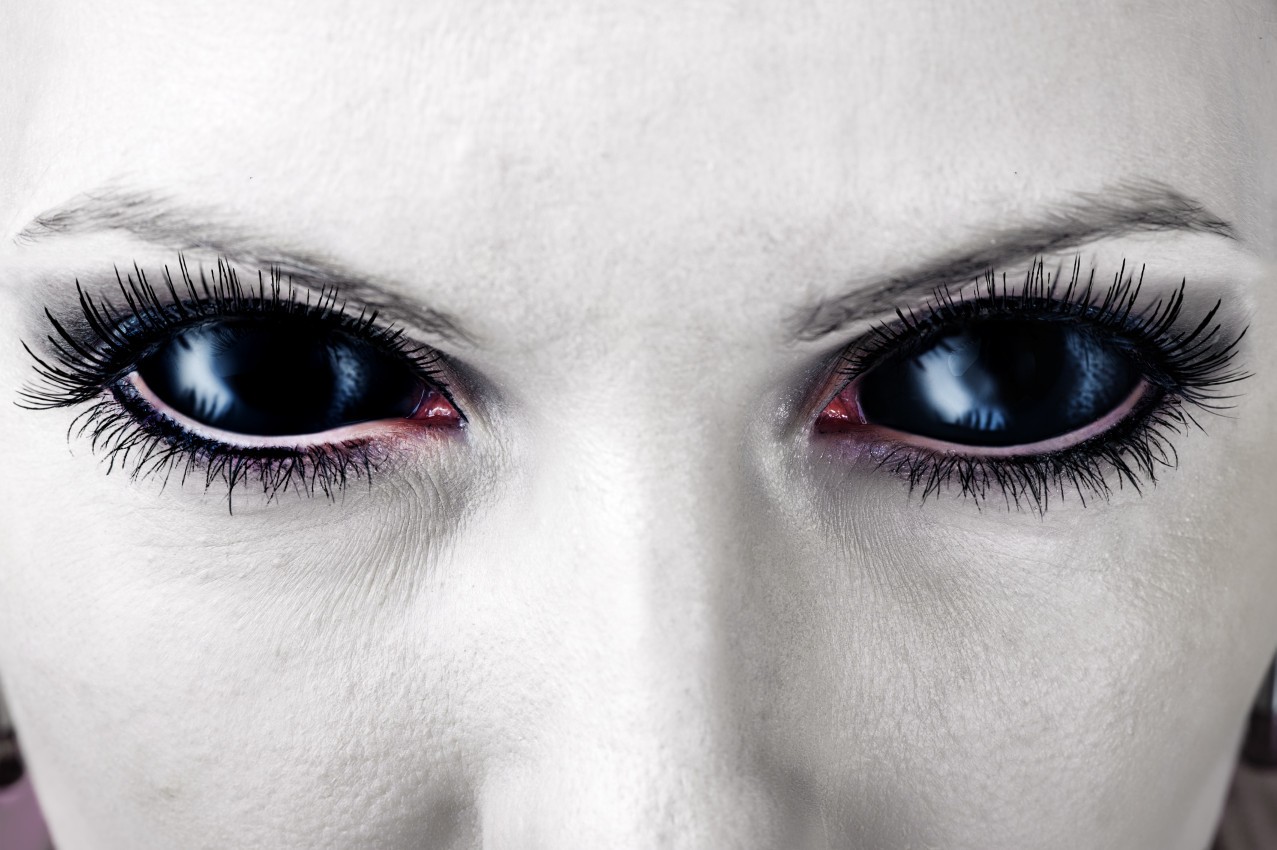Why I Write

Why do I write?
Writing isn’t easy, especially for those of us who work full-time in a completely unrelated field. You come home from work exhausted. Those very rare moments of explosive inspiration aside, you have to force yourself to sit down and work some more, when all your body really wants to do is eat and go to sleep. You have to face the demons of self-doubt, which hover over your shoulder in the darkness, whispering that you’re not good enough, that you’re a hack, that today is the day everyone will discover you’re a fraud. You have to recognize that you will fail, and you have to do it anyway.
You then have to be brave enough to confront the crap you wrote the next day. You have to take this rough source material, this hunk of dark grey clay forged from the jumbled stilted dreams of the insubstantial mind, and mold it into something half-way decent. You have to revise. You have to revise again.
After the number of revisions rivals even the number of stars in the galaxy, you have to break out of your shell and share your work with others. You have to not only accept but embrace rejection. You have to allow your heart to be broken, and then you have to pick up the pieces and try again. You have to revise. You have to revise again.
If you intend to publish, your not even close to finished. If you go the traditional route, you still have to send out hundreds of query letters to agents, be rejected over and over again, and hope that at least one will take an interest in your work. And whether you go through traditional channels or self-publish, if your book is to have a prayer of succeeding, you’ll still have to hand your work off to an editor, who will point out all the many things that are wrong that you didn’t catch in the first bazillion and one revisions. You have to revise. You have to revise again.
After all this, there’s nevertheless the very real possibility that nobody will want to read what you spent months or years writing. Bookstore shelves are littered with books that will never be purchased, books which will be returned to the publisher for a refund, books written by authors who will never have an opportunity to publish again. The Amazon Kindle store is bursting at the seams with self-published titles that will all suffer a similar fate. And if your books do sell, they likely won’t make anywhere near enough to financially justify all the blood, sweat and tears that went into your writing.
Why would anyone subject themselves to such a torturous and thankless routine? I can’t answer for all writers, but I can answer for myself.
I write because that’s who I am.
It doesn’t matter if I have an audience of one million, one thousand, one hundred, one or even zero. I write for my Creator, the author of the cosmos, because it’s what he called me to do. I in turn write for myself, because it’s my purpose, because composing new stories is what fulfills me as a human person. I feel compelled to write, even when it hurts, when I’m busy, depressed or lacking inspiration. It’s built into my DNA. It’s written indelibly upon the mandates of my soul.
I write because it’s in our own pale and imperfect reflections of the universe that we come to know and love the universe itself.
I write because beauty is important to me. I know that nothing I create will ever be perfect, but I strive for perfection anyway.
I write because I’m haunted when I don’t. The days I spend away from my notebooks and computer are days that I feel anxious and restless. Ideas back up in my mind like a clogged up sink, and their continually increasing weight begins to burn my soul like wild fire. I eventually have no choice but to huddle up in the dark after hours and yield to this all-consuming force.
I write because I have a passion for creating things. I liken the difficulties encountered when crafting a new tale to the pangs of childbirth. When the pushing is over, when you’re finally laying down in bed exhausted, sweat beading on your forehead, when the challenge of giving birth to an idea is finally over, you can at last gaze upon the child of your mind with stupid giddy love and wonder. It doesn’t matter that your child isn’t perfect, because the child is yours and you love it anyway.
In short, I write because I’m a writer. In the end, that’s the only reason that should matter.
Enter your email address and click "Submit" to subscribe and receive The Sign.
